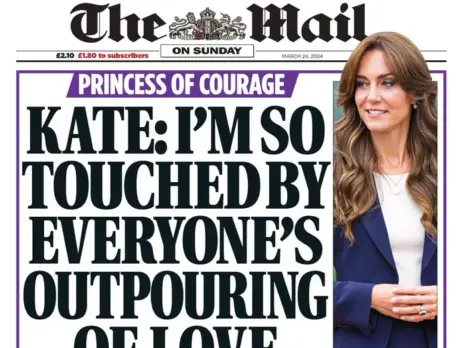
Journalists cannot hold the police to account if they only take information from forces’ official channels, a senior crime correspondent told the Leveson Inquiry today.
Sandra Laville, of the Guardian, warned that there has been an “over-reaction” to recent allegations about improper relationships between officers and journalists.
She told the inquiry she has found that “open lines of communication” with police dating back over many years are now being closed down. Laville said: “The police force is a very powerful organisation in this country.
“They need to be held to account. We can’t hold them to account by taking information from official channels only. They have the power to lock people up for a long time, we have had miscarriages of justice. Journalists have to be able to hold the police to account.”
The journalist rejected ex-Scotland Yard commissioner Lord Condon’s evidence to the inquiry that police officers accepting hospitality from journalists could start a “grooming process” which led to criminal behaviour.
“These people are grown-ups,” she said. “Some of them make life and death decisions. They deal with organised crime, they investigate rape. The idea that me buying them a couple of beers or a meal is grooming them in any way is faintly ludicrous.”
Laville, who previously worked for regional newspapers in Northampton and Plymouth as well as the London Evening Standard and the Daily Telegraph, said Scotland Yard’s press office generally promoted only positive stories.
She told the hearing: “Official communications tend to be on issues that the Metropolitan Police wants publicised. They tend to be quite narrow. They don’t add colour and texture – that comes from talking to an individual officer.
“They don’t address… issues potentially where the Metropolitan Police is not going to be perceived in a good light.”
Laville gave the example of the Met’s bungled investigation into serial sex attacker Kirk Reid, who was jailed for life in 2009.
“The trial was going on in an outside court in London, in which they failed several times to intercept him,” she said. We found that out through informal contacts.
“Police officers who might have been concerned that this case wasn’t being highlighted and should be highlighted brought it to people’s attention.”
But she praised some of the Met’s official releases of information, including a briefing about the 1992 murder of Rachel Nickell by Robert Napper, who was not brought to justice until 2008.
“It was run by senior officers, and officers on the investigation,” she said. They knew what they were talking about. They were allowed to talk freely. They gave information about past mistakes which had never seen the light of day before.
“They were honest, they were open, they didn’t lie. And it just made for an accurate picture of the unsolved murder, what had gone wrong and what had gone right.”
Email pged@pressgazette.co.uk to point out mistakes, provide story tips or send in a letter for publication on our "Letters Page" blog







